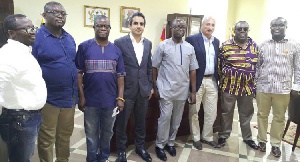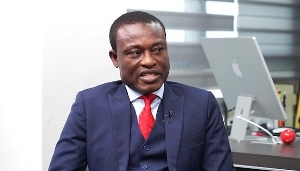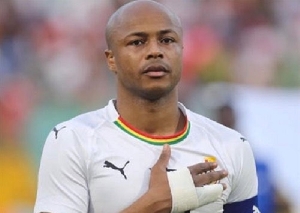Ghana has recorded massive fiscal deficits for 49 years due to reckless public spending and mismanagement by successive governments.
This was made known in a book co-authored by about 35 economists from the University of Ghana, Legon on the country’s economy over the last 60 years.
Titled: ‘The Economy of Ghana Sixty Years After Independence’ and co-edited by former Vice Chancellor of UG, Prof. Ernest Aryeetey and Ravi Kanbur, the seven-chapter book gives an informative perspective about Ghana’s economy right from the Kwame Nkrumah era, paying particular attention to the mining, education, health, banking and finance, and agriculture subsectors.
Chapter Five of the book, which is under the heading “Sixty Years of Fiscal Policy in Ghana: Outcomes and Lessons,” provides an analytical overview of the fiscal policies that have characterized and shaped economic growth and development in post-independence period.
Fiscal slippages, according to the book, have been a common feature over the last 60 years, with the country managing hard to have fiscal surpluses for only 11 years.
“They have been largely permanent and so persist, irrespective of how the economy is performing. Large deficits and slippages have been associated with expenditures and not revenue.”
The nature and sources of the deficits, according to the authors, have not been growth promoting in post-independence Ghana.
“In other words the returns to the deficits to finance our development have not been high enough to offset the cost of the deficits.
“At independence there was a strong desire for rapid growth and development,” Robert Darko Osei, a co-author of the book, said while reviewing its chapter five.
“Government at the time invested massively to ensure that the growth and development objective was met,” said Robert Darko Osei, a co-author of the book, who reviewed the fifth chapter of the book at the launch held on Monday in Accra.
Reading excerpts from the book, Mr. Darko Osei indicated that “In 1954 we had a surplus of 14 percent but by 1965 we were recording a deficit of 6.4 percent.
Economic Tensions
According to Prof. Aryeetey, the 415-page book indicates clearly the tension between politics and economics in Ghana.
When this tension gets out of hand, we are bound to get disorder in the way government institutions work, he said.
He bemoaned the deliberate refusal of successive governments over the last 60 years to take advice from economists, saying Ghana has never been short of advice from good economists.
Business News of Thursday, 27 April 2017
Source: dailyguideafrica.com

















